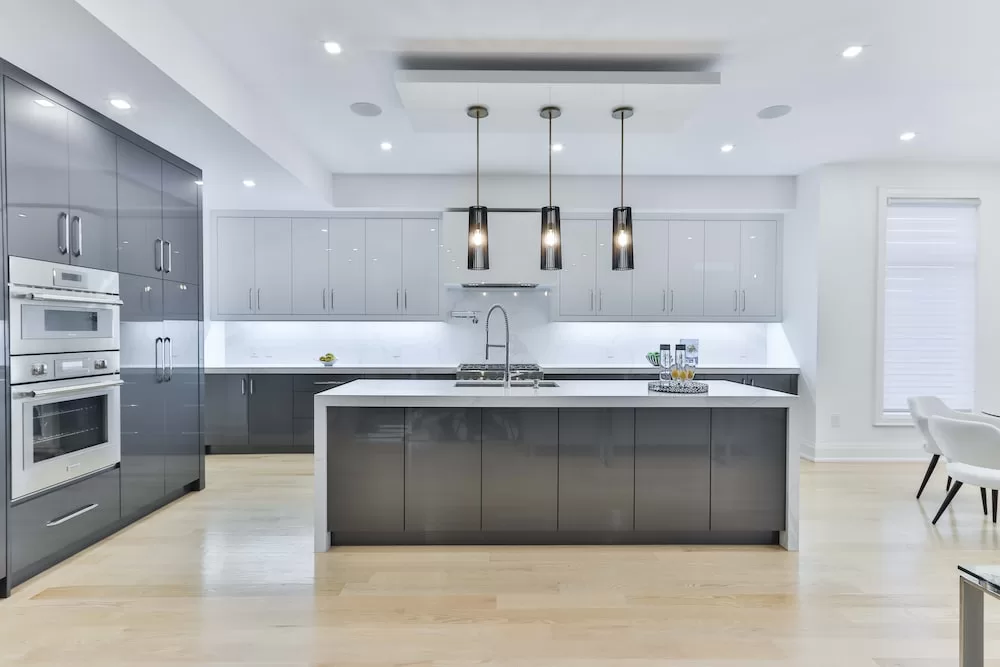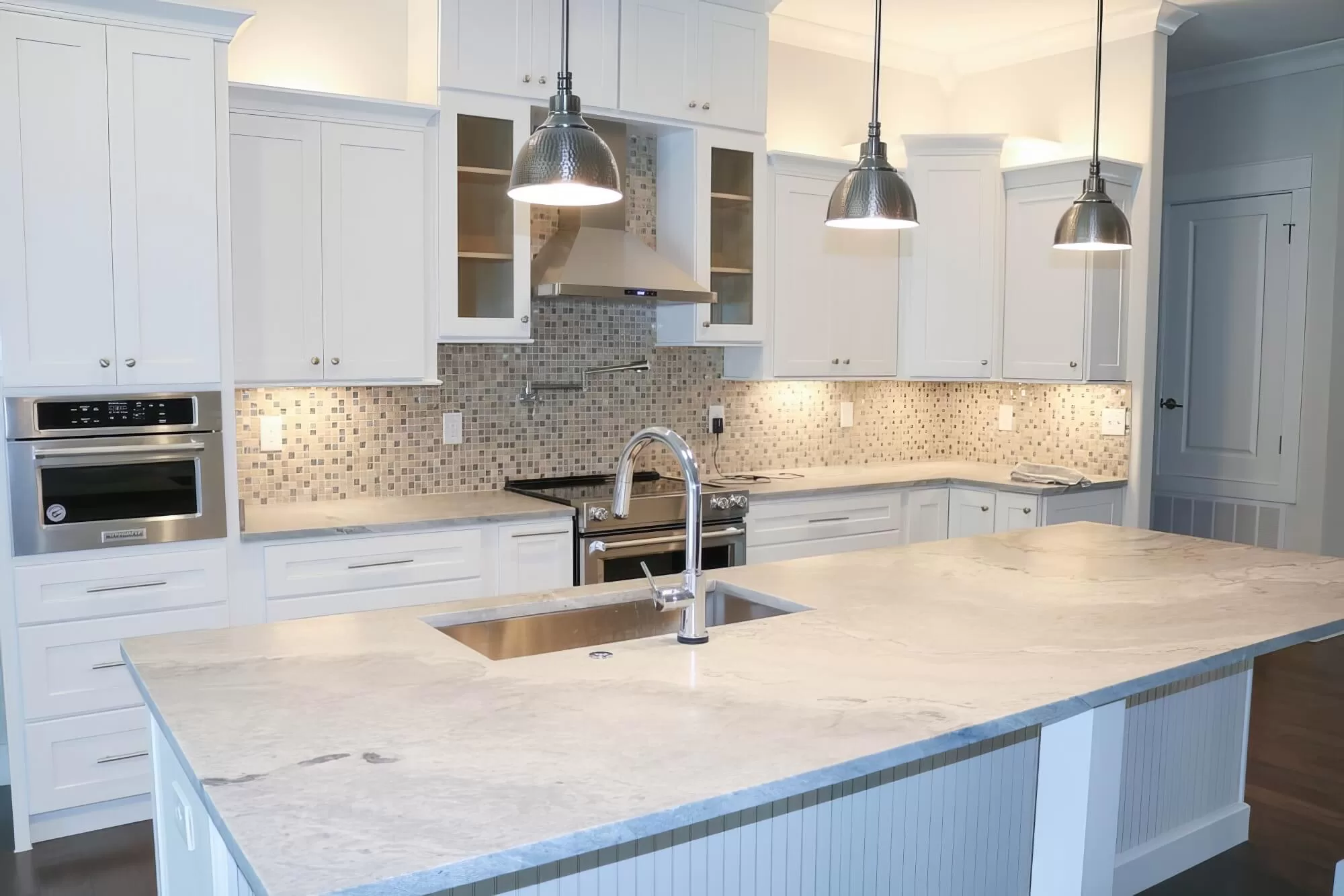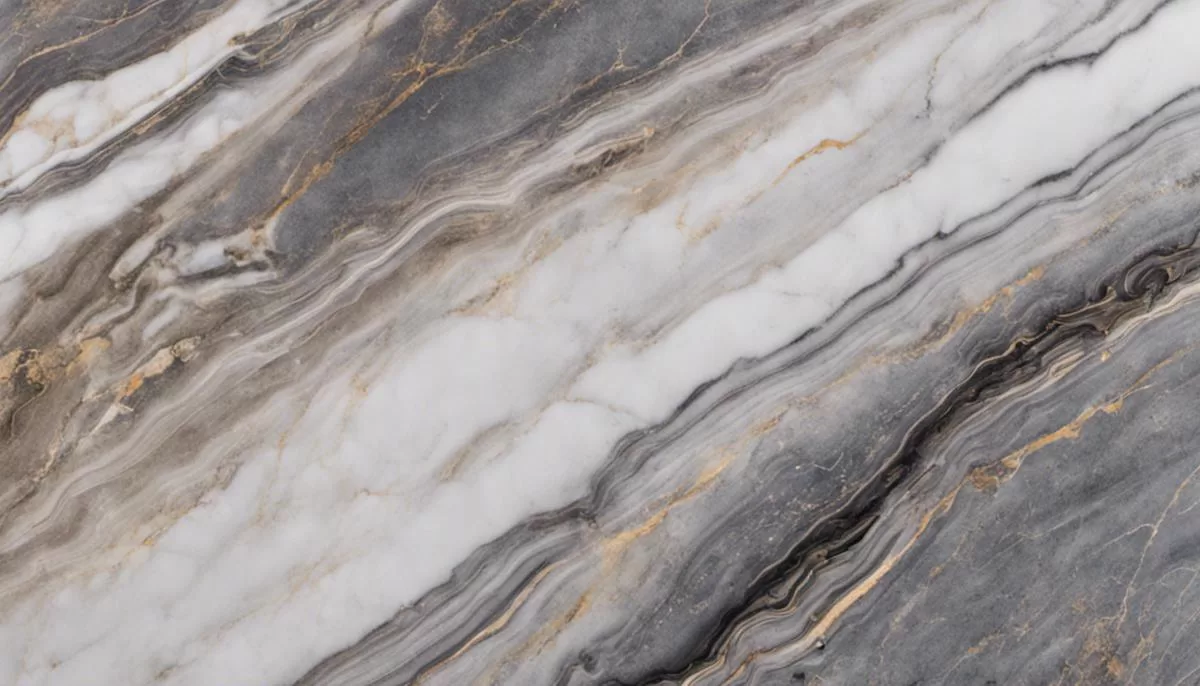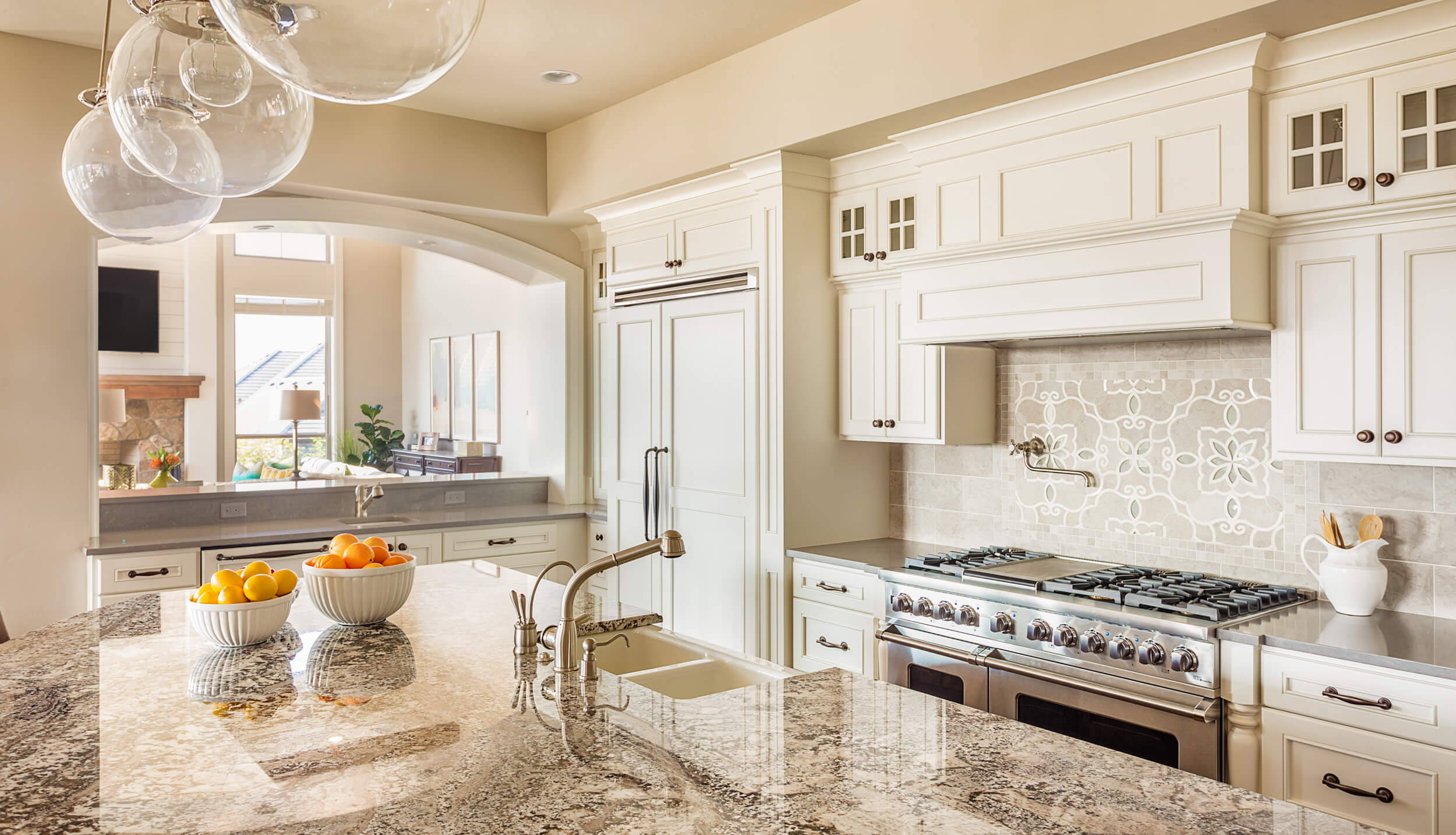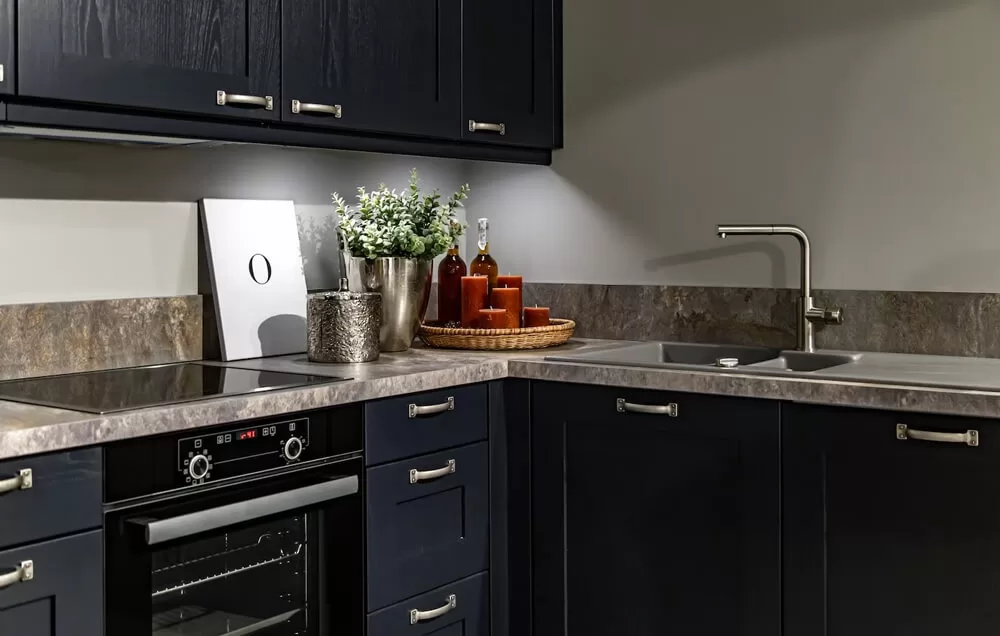
Exploring the Pros and Cons of Soapstone Countertops
When it comes to choosing the perfect material for your kitchen or bathroom countertops, soapstone has gained popularity for its unique qualities and natural beauty. However, like any other material, soapstone countertops come with their own set of pros and cons. In this article, we will delve into the advantages and disadvantages of soapstone countertops, helping you make an informed decision for your home renovation project.
Pros of Soapstone Countertops:
Timeless Elegance:
Soapstone countertops exude a timeless charm with their smooth, matte finish and natural veining patterns. Their classic beauty complements various kitchen and bathroom styles, ranging from traditional to contemporary, making them a versatile choice for any home.
Heat Resistance:
One of the significant advantages of soapstone is its exceptional heat resistance. Unlike other countertop materials, such as laminate or wood, soapstone can handle high temperatures without any damage. You can place hot pots and pans directly on the surface without worrying about scorching or discoloration.
Stain Resistance:
Soapstone is non-porous, meaning it does not absorb liquids or stains easily. This property makes it highly resistant to staining from common kitchen substances like wine, coffee, or oil spills. With regular sealing, soapstone countertops can maintain their natural beauty and resist staining for years to come.
Durability:
Soapstone is a dense and durable material that can withstand the rigors of daily kitchen use. It is less prone to scratches and dings compared to other natural stone options like marble or granite. While minor scratches may occur over time, they can often be easily buffed out or left to add character to the countertop.
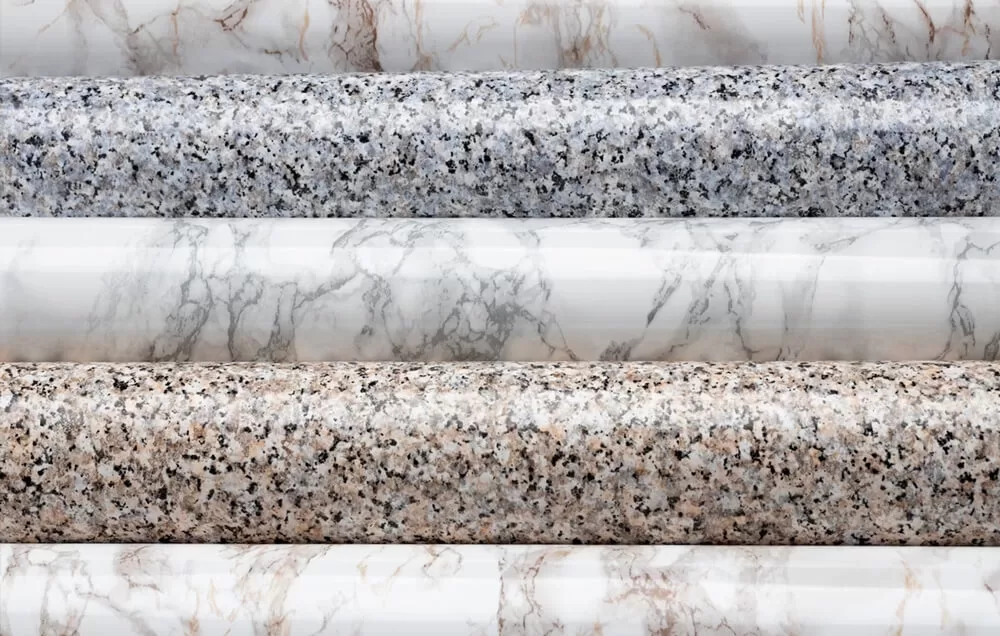
Cons of Soapstone Countertops:
Susceptibility to Scratches:
While soapstone is generally durable, it is not completely scratch-proof. Sharp objects like knives or utensils can leave marks on the surface. However, these scratches can often be sanded down or blended in with mineral oil, restoring the countertop’s appearance.
Limited Color Options:
Compared to other countertop materials, soapstone has a more limited color range. It typically comes in shades of gray, ranging from light to dark. While this natural variation can add character to your space, it may not be ideal if you prefer a wider selection of colors for your countertops.
Regular Maintenance Required:
To keep soapstone countertops in prime condition, regular maintenance is necessary. This includes applying mineral oil periodically to enhance its natural luster and deepen the color. Without proper care, soapstone may appear dry or dull over time, losing some of its aesthetic appeal.
Soapstone countertops offer a unique blend of elegance, durability, and heat resistance, making them a popular choice for homeowners seeking a natural stone option. While they may not be completely immune to scratches and require regular maintenance, their timeless beauty and impressive performance outweigh these drawbacks for many. Whether you prioritize aesthetics, heat resistance, or durability, soapstone countertops are certainly worth considering for your next kitchen or bathroom renovation.



